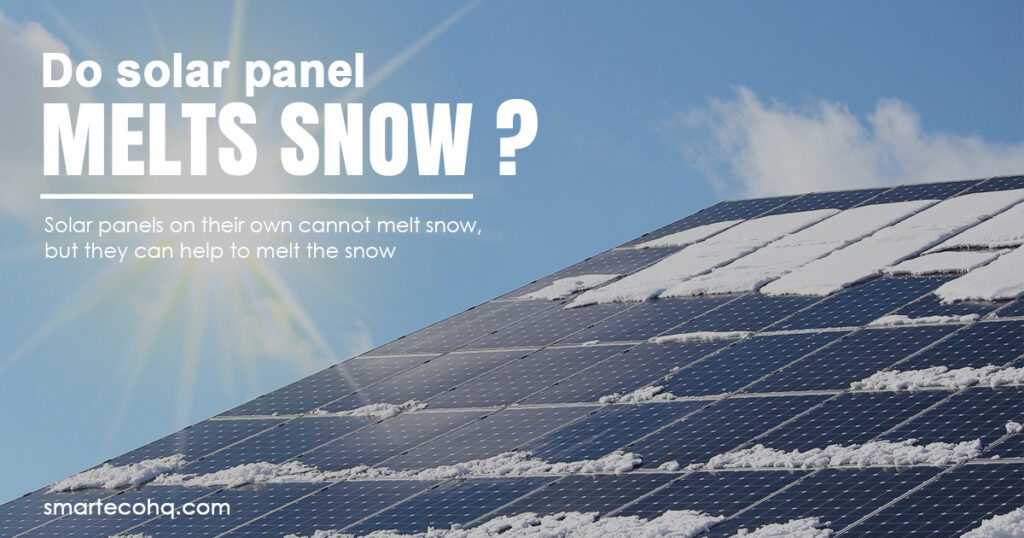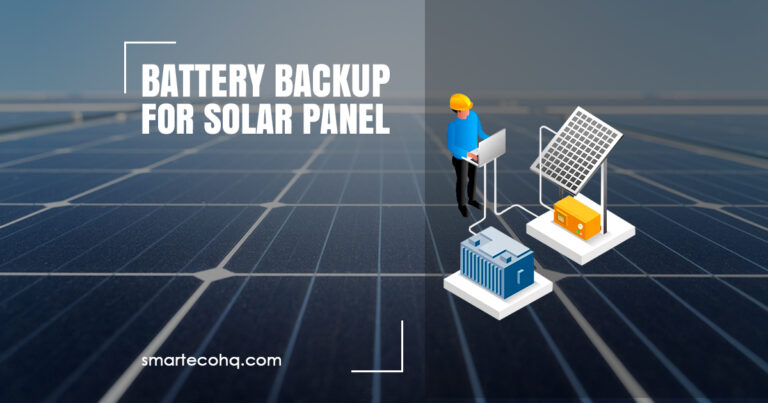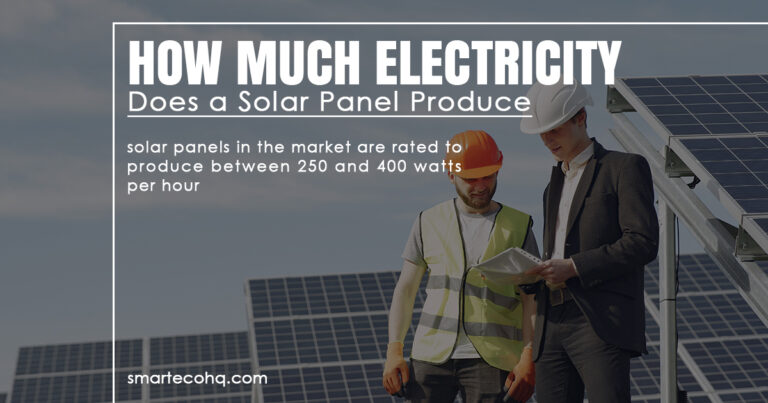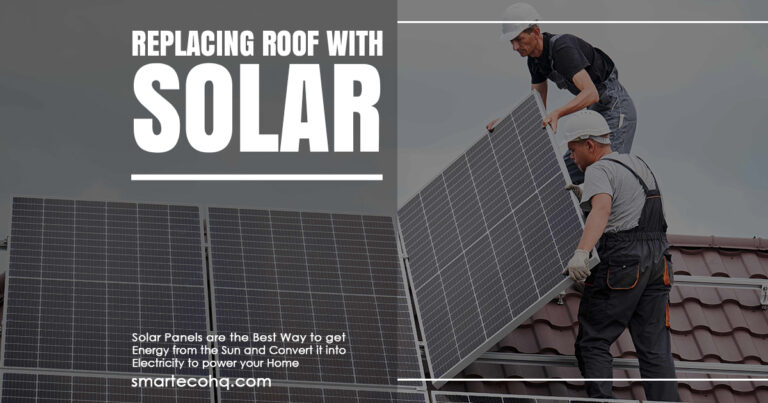Solar Panels with Snow: Do Solar Panels Work in the Winter?

Solar Panels with snow :
As winter approaches, snow covers everything in your yard, grounds, cars, Rooftops & even your Solar panels. Basically, Solar Panels are designed to generate energy by absorbing sunlight, But what happens when they are covered with snow? Will they generate electricity? Here in this blog, we are going to answer all your questions related to solar panels working in the winter & in the snow.
Table of Content
- Do Solar Panels work with snow?
- Solar Panels in winter
- Do Solar Panels Melt Snow?
- What should I do to save the panels from damage in heavy snow?
Do Solar Panels work with snow?
Snow can temporarily block sunlight from reaching solar panels. But it can also be easily removed. In fact, snow can actually help clean the surface of Solar panels and improve their performance. The top 10 Solar states include New York, New Jersey, & Massachusetts, which are the most cold & snowy areas, yet they rank high in the production of solar energy. This is because of the “Albedo Effect.” Surfaces covered in ice and snow have a high Albedo, allowing Panels to generate more electricity.
Snow layers can be thick & thin, but it is important to note that the panels are adjusted at an angle between 35 and 45 degrees, which means snow can easily slide off. The thick layer can also be removed easily, & yet the thin layer can be blown away by the winds.
Solar Panels in Winter:
Does Solar work in the winters? This is another frequently asked question. Let’s answer all your questions & Myths.
Solar panels generate energy in winter, though the days are short & the sun’s radiation is low. The winter seasons are proving to be very beneficial. The efficiency of solar panels has been shown to increase during the winter; efficiency increases with a decrease in temperature and decreases with an increase. So it seems that way because Winters don’t affect much of the energy production.
Do Solar Panels Melt Snow?
Solar panels on their own cannot melt snow, but they can help to melt the snow. as the parts of the panels are exposed to sunlight, they get heated up and transfer the heat to the whole panel, which gets warmer and results in melting the snow. However, it depends on some factors, such as:
- Efficiency of the panel
- Angle of the sun
- Thickness of the snow layer
- Outside temperature
- Angle of the panels to slide the snow

What should I do to save the panels from damage in heavy snow?
Accurate angle:
Install the (solar panels with snow )at an angle that allows them to capture the maximum radiation of sunlight throughout the year. In winter or snowy conditions, panels should be installed at a steeper angle, which can help prevent snow from accumulating on the surface.
Examine the mounting system:
The mounting system secures the panels in place. When the winter or snow season arrives, inspect your mounting system and tighten any loose screws to avoid storm damage.
Clear Surroundings:
Keep an eye on the area around the panels; it must be clear, which will help prevent snow from accumulating on the surface. It’s also important to clear snow from any nearby trees or structures that could cast a shadow on the panels.
Monitor the output:
Monitor the output of the solar system during the snowy season. If there is a significant amount of decrease, you should check to clean the panels.
Hire a professional cleaner:
If you find it difficult to clean the panels or are concerned about damage, you should hire a professional cleaner to prevent damage.
So, to summarize the lengthy discussion Solar panels work fine in the snowy & winter seasons & are not much affected by severe weather. However, you must take precautionary measures to protect against severe damage and to avoid costly replacements.






